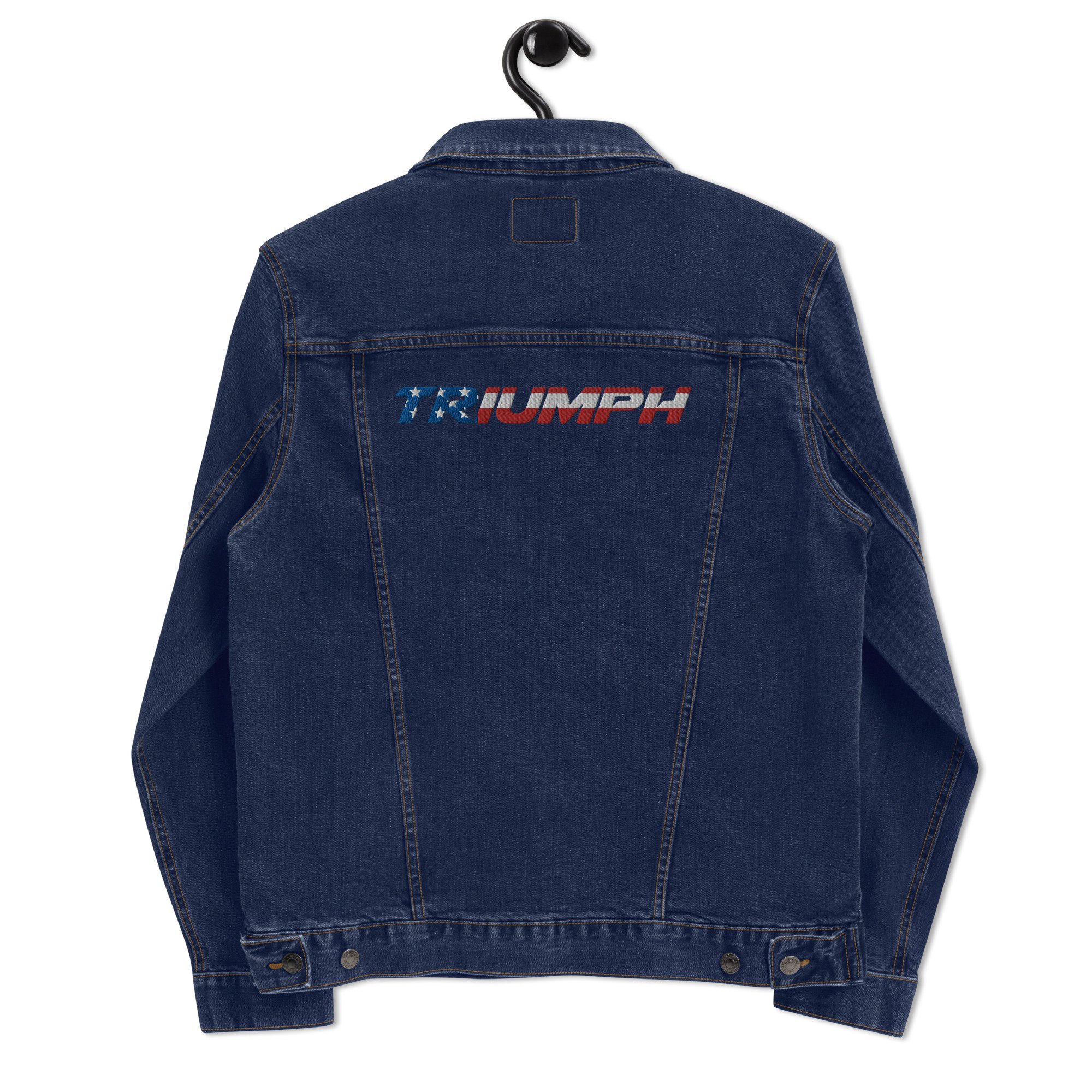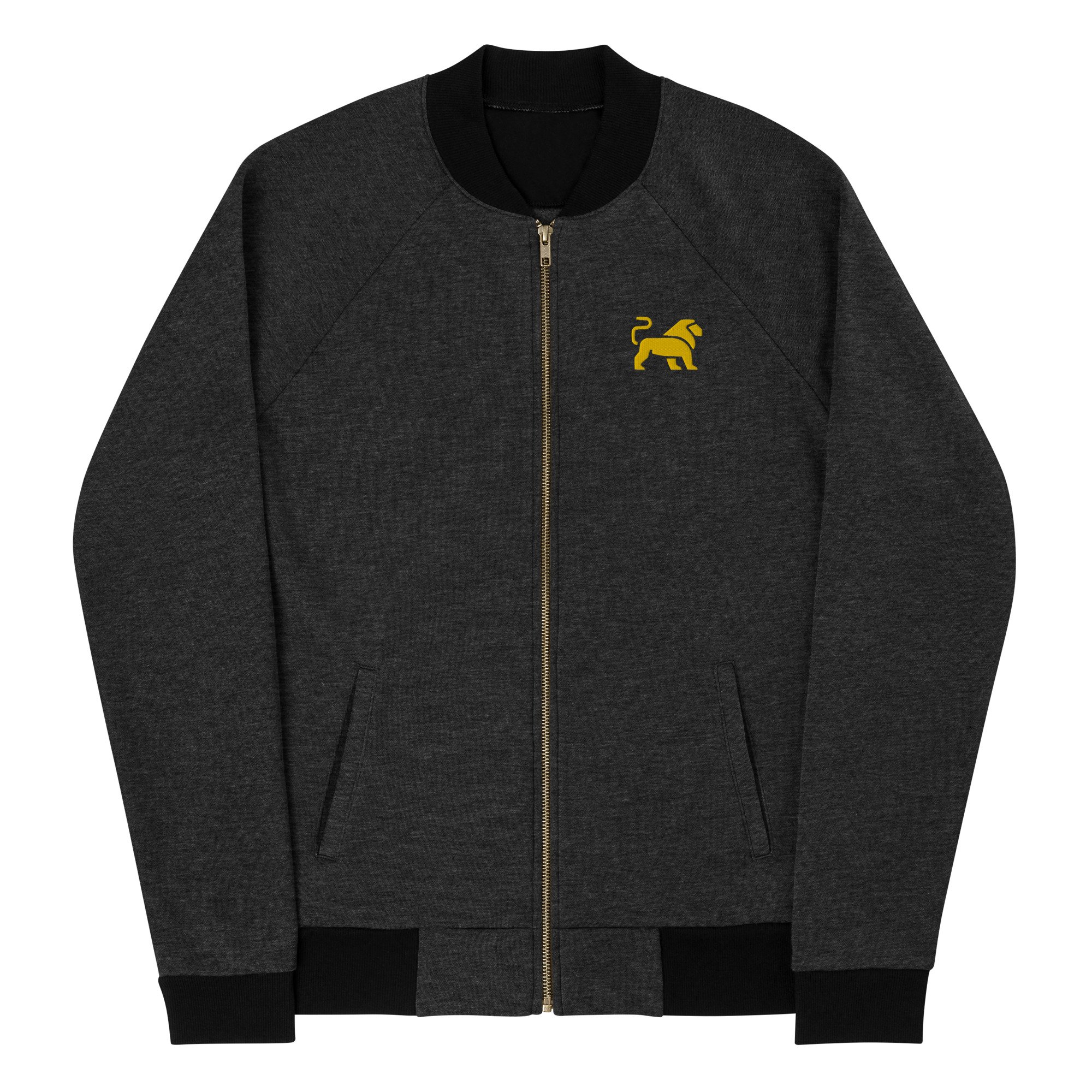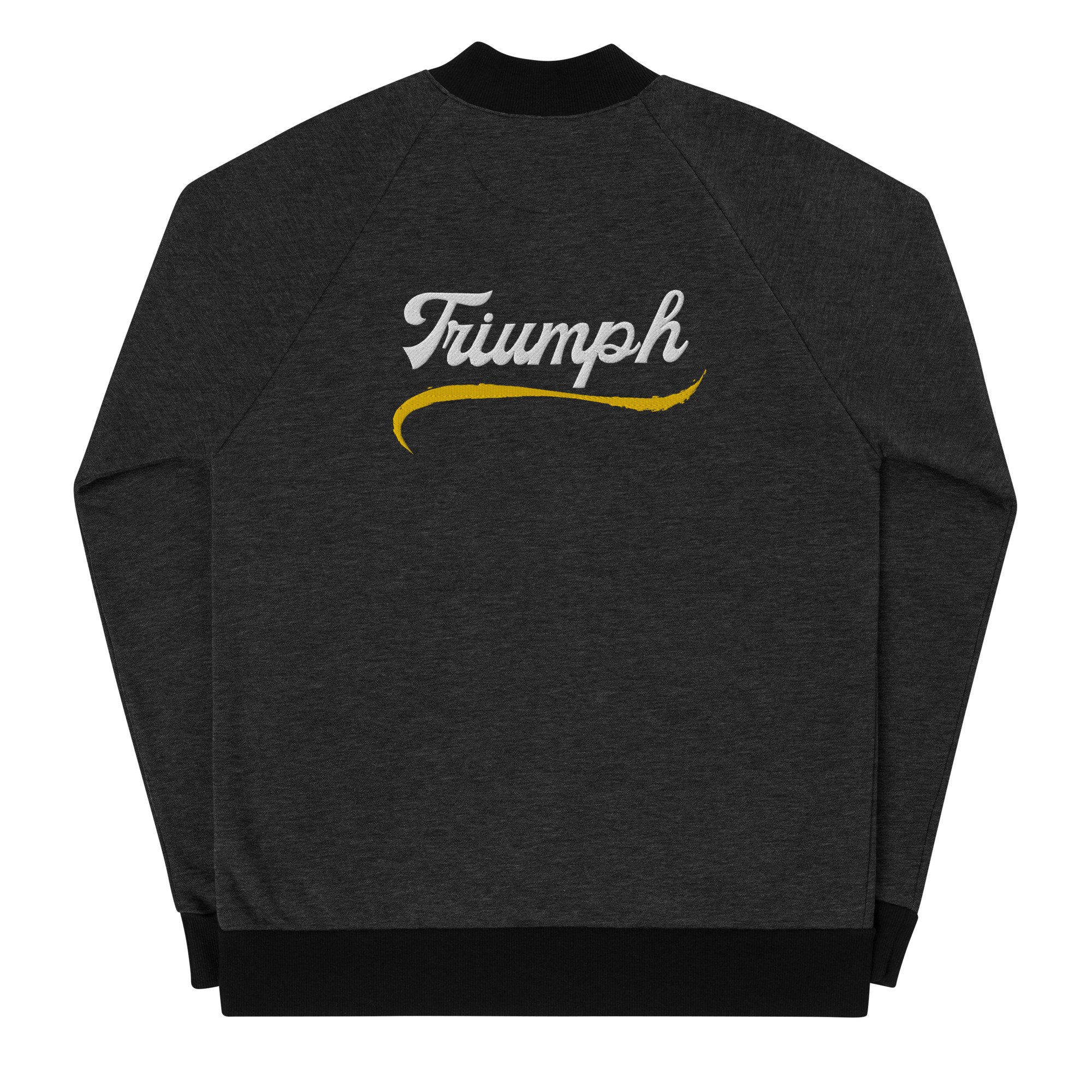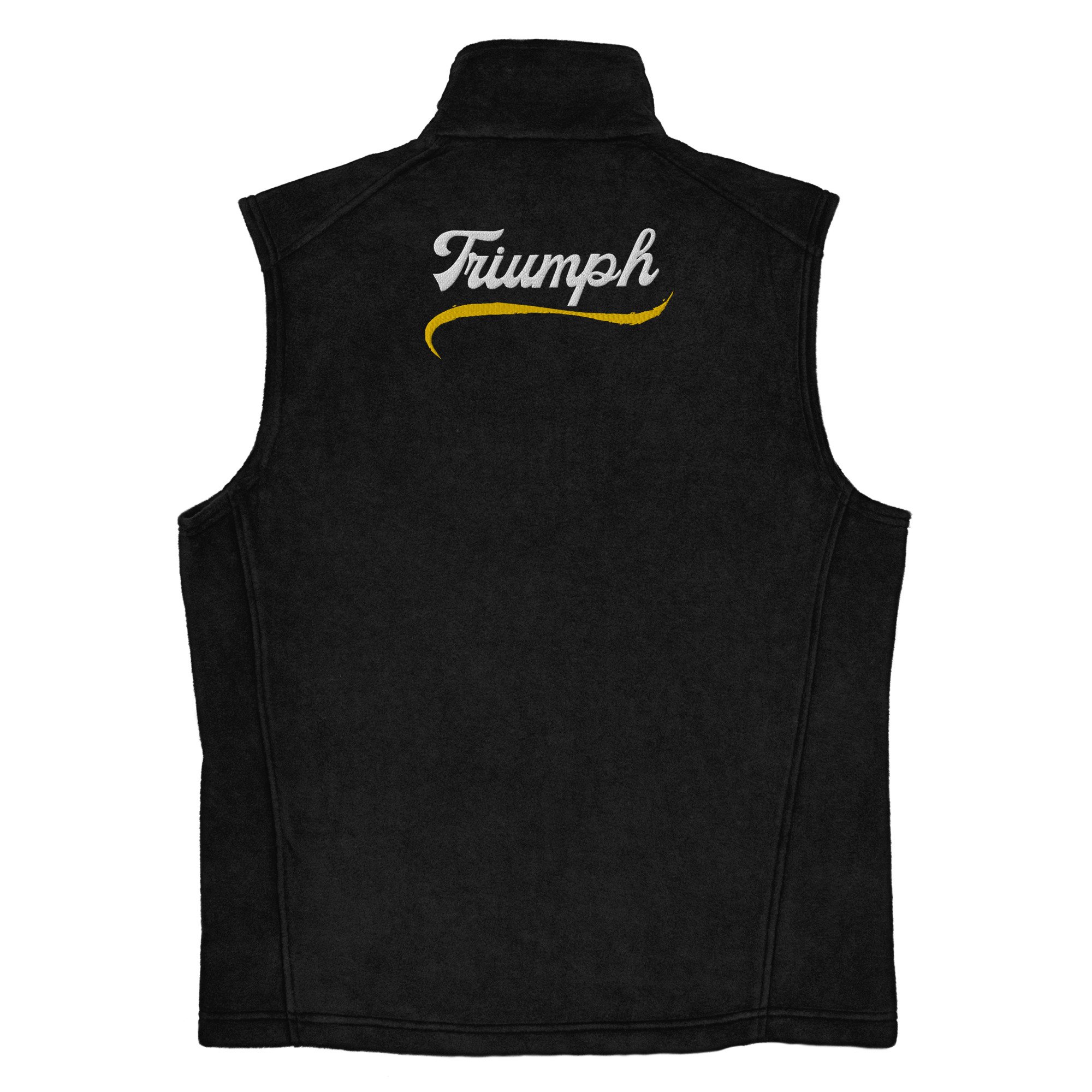I’m creative—who knew? Now, how do I get a copyright?
One of the more common questions we’ve received here at Triumph comes from our creative friends looking for a copyright. For some, the mere thought of having to jump through legal hoops immediately turns them off. They’d rather take their chances with someone stealing their work than deal with the red-tape. While we understand the sentiment, we usually advise that getting a copyright is easy, affordable, and usually the right move.
While, in some instances, a copyright may technically be conferred automatically to certain finished works, we usually recommend having something on record with the U.S. copyright office. If anyone ever tries to steal your work, it will make your life (and you legal fight) much, much easier.
How to actually get the copyright
Assuming that you have your creative work finished and ready to copyright—great job by the way—you can head on over to the U.S. Copyright office website. From there, click on the “Register Your Works” tab (it’s not a trap, we promise).
Now, it’s time to choose a category for your work. Options include: literary works, performing arts, visual arts, motion pictures, photographs, and other digital content. For our example, we’ll be pursuing a performing arts copyright, but the process is fairly uniform for all of them.
Each category also has it’s own handy-dandy video, courtesy of the U.S. government. We recommend watching it to help you navigate the nitty-gritty aspects of filling out your application.
Have a partner (or partners) in crime? No problem at all—you can register a work as an individual or split the ownership however seems most equitable. In fact, one of the most helpful aspects of filing for an official copyright is its ability to divide ownership rights
Performing arts are often highly collaborative, and the copyright process reflects this. Applicant’s even have the ability to nuance contribution credit for different aspects of a work. For example, consider if Billie Eilish, Taylor Swift, and Zach Bryan all collaborated on a song (just let us dream, okay?). Billie could own the copyright for the backing track, Taylor could own the lyrics, and Zach Bryan could own his piece of the vocals. This sub-diving can get extremely granular, but we’ll leave it there for now. If you have a highly specific question, we recommend watching one of the videos we linked to above or, as always, feel free to Ask Triumph.
How much does this charade cost?
Fair question. While the fees for a U.S. Copyright have historically been pretty reasonable, they also change from time to time (they even changed on us while we were putting together this article). To make sure you have up to date information, we are linking the current fees right here. Last time we checked, it cost between $35-$45, and there were bulk options available.
What happens now?
Once you officially file the paperwork and pay the requisite fee, your copyright will appear in the U.S. Copyright Public Records Portal. This will make it much easier to get paid for your work, and, should the need arise, prove ownership in a court of law.
Copyright Shenanigans
Like with anything, there are much more nuanced aspects for more obscure copyright needs, but this article hopefully laid the groundwork for most would-be copyrighters. Godspeed with the rest of your creative adventure. We can’t wait to hear your stuff—we’re sure it’s top notch. Shoot us a link when the album drops, the team would love to listen in.
As always, feel free to Ask Triumph with any additional questions and consider Supporting the Team.
All views expressed in the article are opinions of the author and should not be misconstrued as professional consulting or legal advice. Users are responsible for verifying all information before taking action, and Triumph Group LLC is not responsible for any outcomes. Pursue subjects at your own risk. Seriously, man. It’s your life.







